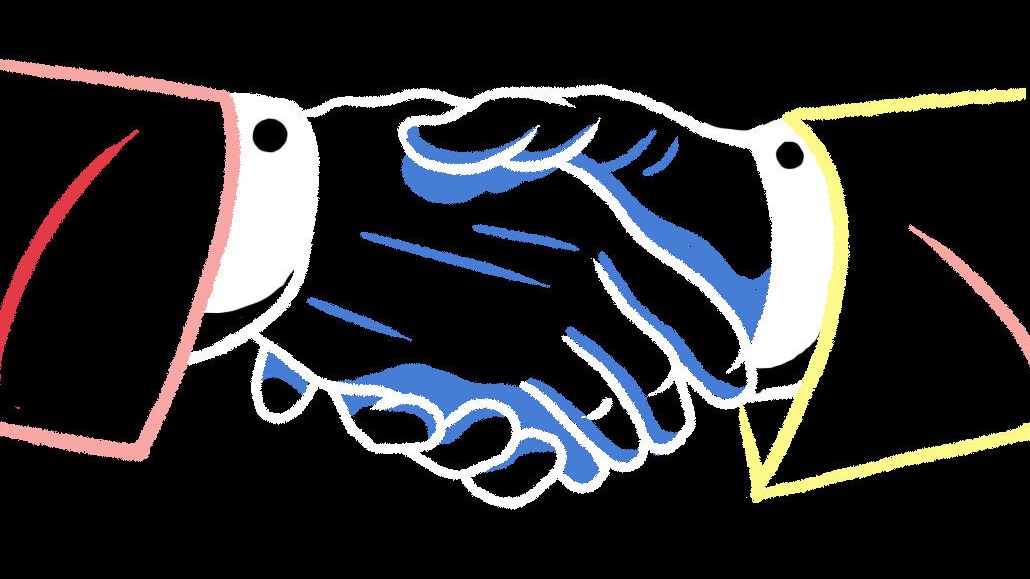By Alexander Lee • June 7, 2024 •

Ivy Liu
As the esports industry took shape over the past decade, it was the video game publishers who often shouldered many of the overhead costs. In 2024, publishers have delegated more responsibility to ESL/FACEIT Group and other dedicated league operators — and they’re already reaping the rewards.
It’s become apparent that publisher ownership of esports leagues, once the esports industry’s dominant business model, is on the decline. Instead of operating their own events, publishers are increasingly enlisting third-party event vendors to do the job.
At the moment, there are several active companies that operate leagues for major esports publishers, including Blast, WDG and PGL — but the largest by far is ESL/FACEIT Group (EFG), a German company that Saudi Arabia’s Public Investment Fund purchased for $1.5 billion in 2022. (Editor’s Note: ESL/FACEIT Group paid for this reporter’s travel and lodging at the EFG-owned event DreamHack Dallas on June 2.)
EFG has collaborated with game publishers for years. These ties have grown much deeper in 2024. At the moment, whether directly or through its operating partnership with the Esports World Cup (EWC), EFG administers leagues and events for prominent publishers such as Activision Blizzard and Riot Games. Last weekend’s DreamHack Dallas, an EFG-owned gaming convention, featured a major “Overwatch” tournament, part of EFG’s Overwatch Champions Series.
“EFG are amazing at esports — they’ve been doing it forever. And not just esports as we see on the stage out there, which obviously they’re really good at, but other aspects as well, such as sales,” said Sean Miller, the head of “Overwatch” esports at Activision Blizzard, during an interview at the event. “They’re able to help leverage their broader portfolio of esports properties.”
As flagged by Miller, the growth of EFG’s network of publisher partnerships has created a tide that appears to be lifting all esports ships. Even Riot Games, the last major esports publisher to own and operate its own esports leagues, has signaled a growing willingness to work with third-party operators by allowing the Esports World Cup to run tournaments for Riot titles “League of Legends” and “Teamfight Tactics.”
For “Teamfight Tactics” in particular, Riot is interested in taking advantage of the hype and engagement around the event to help bolster the game’s relatively smaller esports scene. The decision to participate has already seen returns for Riot, with prominent esports organizations buying into the game in preparation for the EWC.
“The EWC is an exciting opportunity for us to participate alongside other Tier 1 esports. To showcase the flexibility of formats that ‘TFT’ can support, we decided to create a team event instead of the usual single-player format. Players in the EWC will compete in a 4v4 team format, giving the community an example of what a major team event could look like,” said Riot Games global head of “Teamfight Tactics” esports Michael Sherman. “Major esports organizations have since picked up ‘TFT’ players, including Team Liquid, Fnatic, T1 and many more unannounced rosters. It’s been great to see top-tier players like Milala getting signed to teams for the first time in their years of competing in TFT.
EFG’s growing ties with game publishers has had a beneficial downstream effect on the company’s own properties, as well. This year’s DreamHack Dallas boasted 50,000 ticket sales, exceeding last year’s record by 5,000, with EFG vp of festivals Shahin Zarrabi giving the event’s increased esports presence partial credit for the boost.
“We’ve managed to work within all of the group to secure even better esports to be here, so I think that’s key,” Zarrabi said. “Dallas’ DreamHack festival has always been more esports-centric than the other ones; other than the [‘Counter-Strike tournament] IEM, which we’ve always had here, we also have the ‘Overwatch’ major here, ‘StarCraft II’ Masters and the EWC qualifiers. So I think that’s a great contributor.”
ESL/FACEIT Group is not the only esports company that is enjoying a deeper connection with publishers in 2023. Another such company is Blast, which uses a “co-production model” to operate esports in conjunction with publisher partners such as Ubisoft and Epic Games. But as the largest and most visible third-party esports operator, EFG has been championing this business model longer than most of its competitors. The success of the model this year gives credence to the company’s long-running efforts to build a more sustainable esports ecosystem.
“Having the support and commitment from more publishers being an EFG partner gives us more clout in the space and allows us to get after more brand partners that might not be super familiar with what we do,” said EFG vp of global brand partnerships Larry Settembrini. “When you start to share the meaning and the depth of some of these publisher partners that are maybe a little more known than EFG as an organization, it gives us that sort of door opening.”
https://digiday.com/?p=547197





